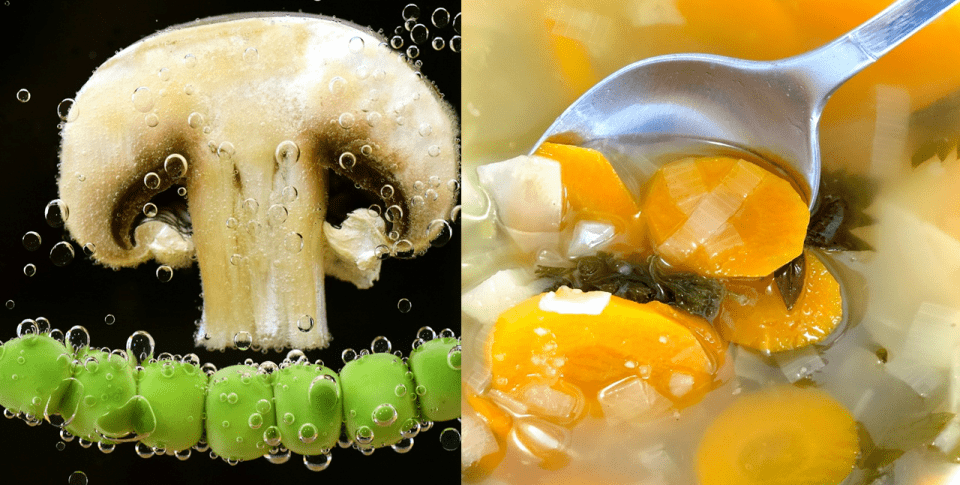Many common foods contain high levels of potassium. Fruits such as banana and apricot are good examples, as well as vegetables such as broccoli and chard, and fish such as salmon. In order for people with kidney disease to be able to consume these foods and have a varied diet, they have to go through processes that reduce the content of this mineral, such as soaking and boiling the food. For this reason, until recently these patients were recommended to soak the food for up to 24 hours before cooking it. Then, it also had to undergo double cooking – in other words, it had to be boiled twice in a row.
This has been the general recommendation for decades, but recently a team at the University of Zaragoza published a study evaluating these techniques. Their research had two main objectives. The first was to find out if these techniques were as effective as was thought, and the second was to check whether there were other, simpler techniques that could make these patients’ day-to-day lives easier. Their conclusion was that prolonged soaking and double cooking were not more beneficial than freezing the food, leaving it in water for just four hours and then cooking it normally afterwards. This is why the recommendations have changed and patients are advised to take the following steps: wash the vegetables, freeze them and soak them for four hours. Afterwards, they can be cooked using any method. If you don’t want to or can’t freeze them, they should be left to soak twice in a row (changing the water in between) and then boiled.
In 2019, the same team published another study, this time evaluating potassium in pulses. Pulses are another group of foods that people with chronic kidney disease must limit due to their potassium content. The research team concluded that tinned pulses already contain low levels of potassium, and that by rinsing them well and cooking them longer practically all of this mineral is lost. As such, tinned pulses become a great new option for these patients’ diet, as well as being a very nutritious and interesting food to include in a healthy diet.
After discovering these results, the advice is now to eat pulses twice a week, with the peace of mind of knowing that they will not affect potassium blood levels and, at the same time will offer many necessary nutrients that help the body to function properly, including fibre.
Thanks to these new recommendations, people affected by chronic kidney disease who need to control their blood potassium levels can eat larger portions of healthy foods such as vegetables and pulses, without needing to spend excessive time in the kitchen.
Author: Bárbara Romano, Hospital Clínic dietist-nutritionist.




